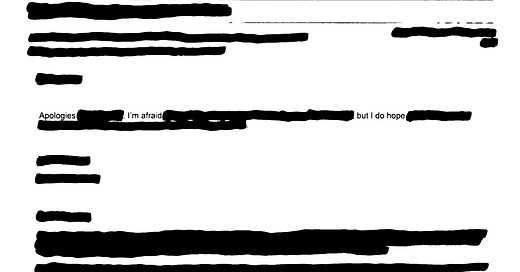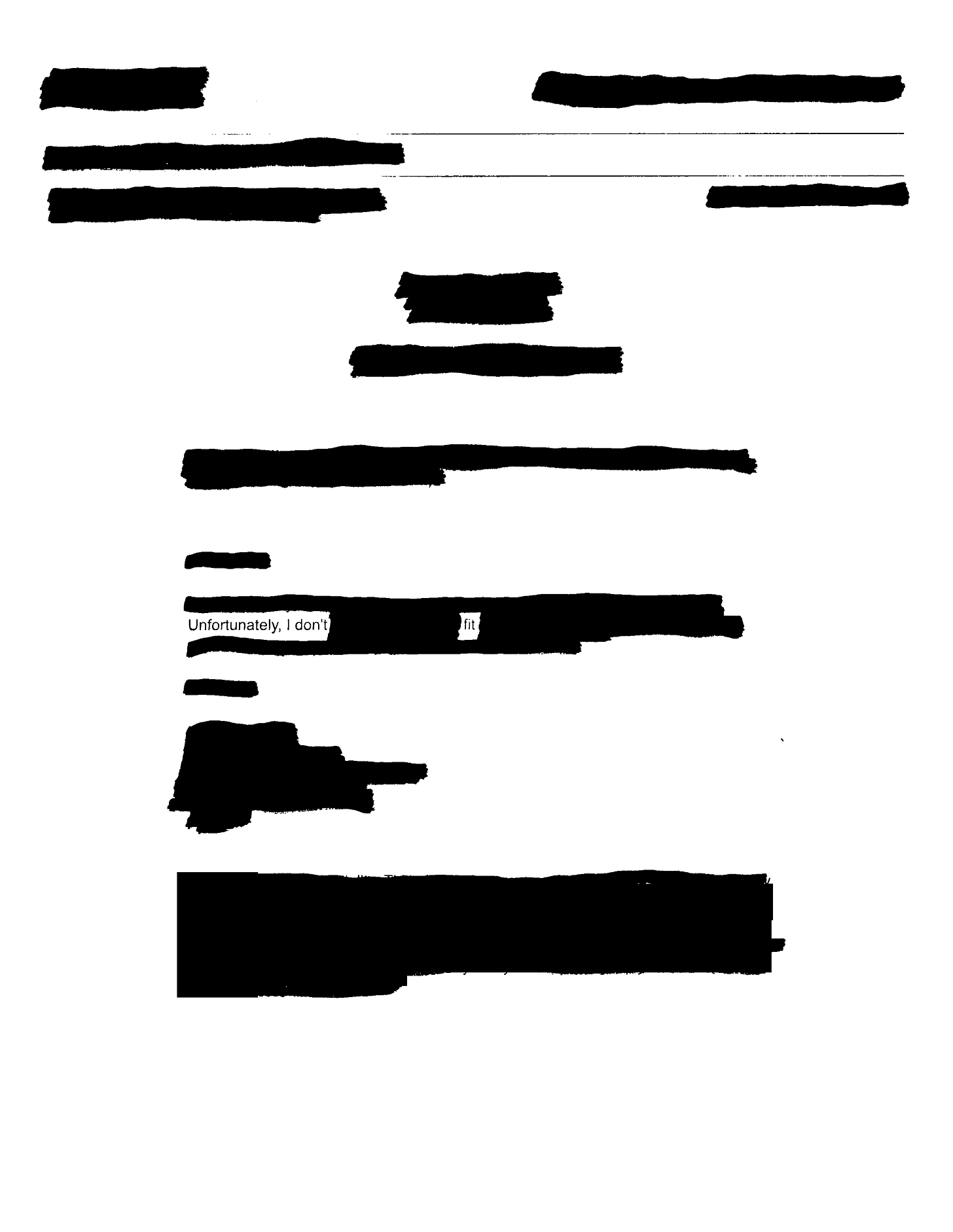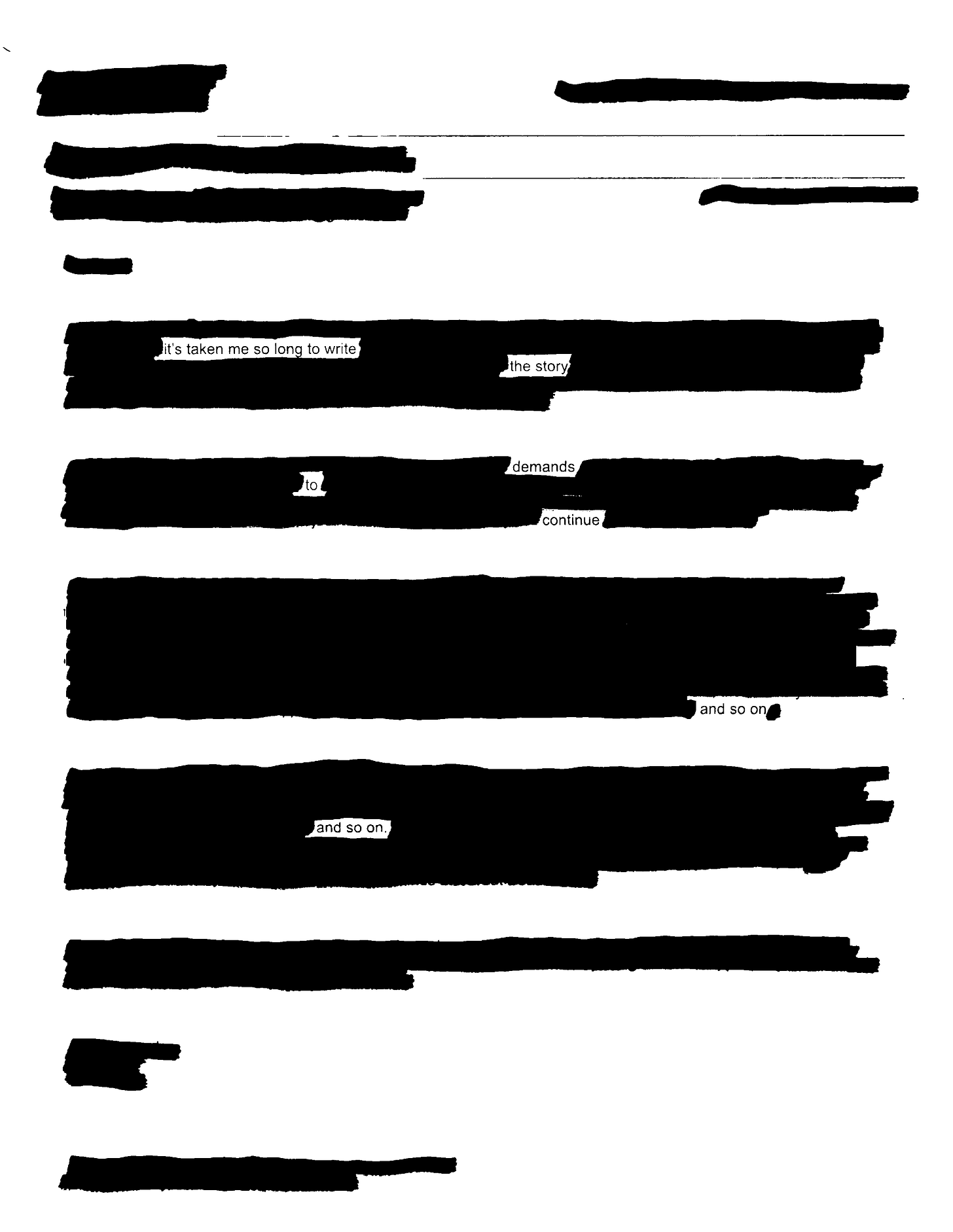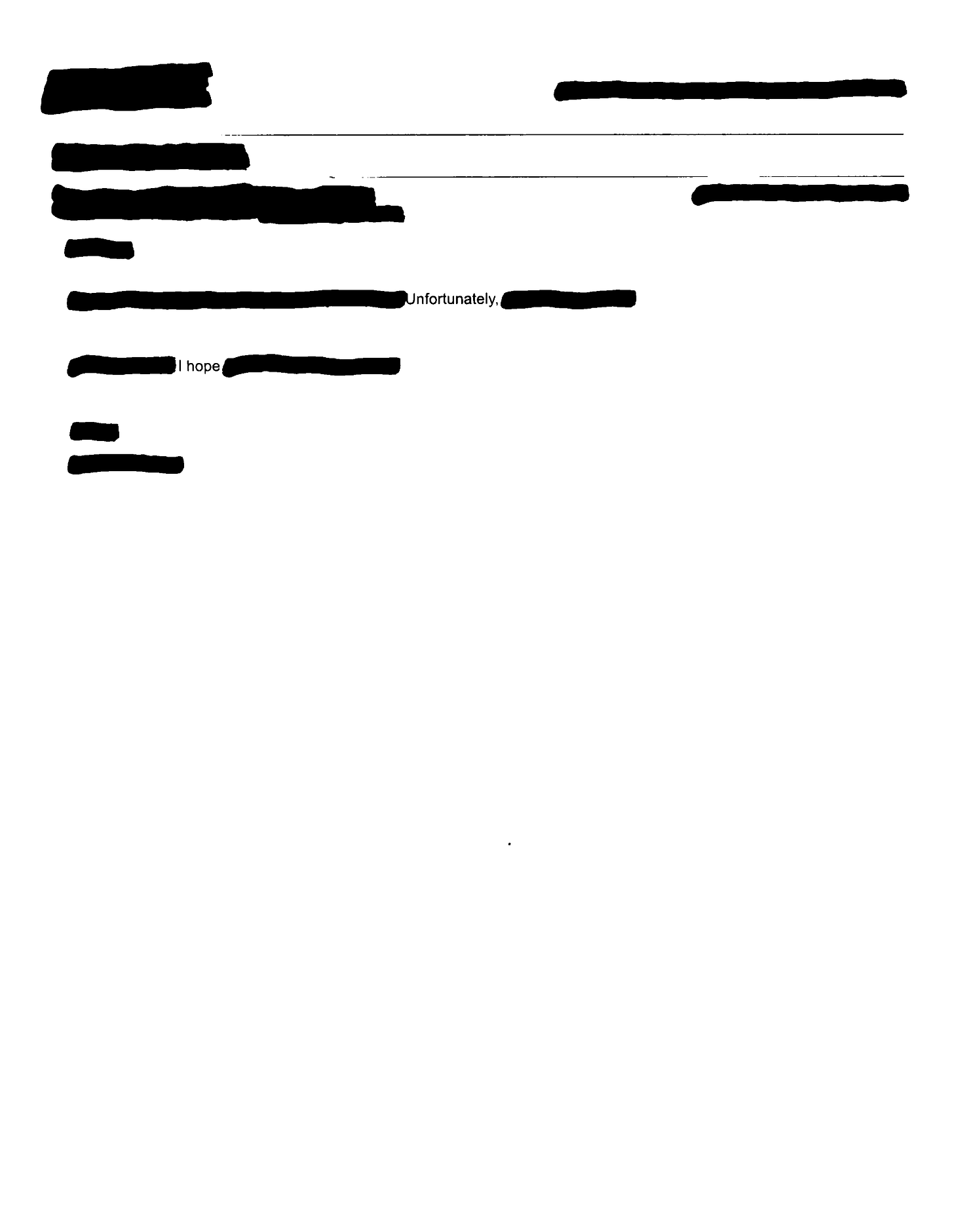"Talent is what they say you have after the novel is published and favorably reviewed. Beforehand what you have is a tedious delusion, a hobby like knitting." —Marge Piercy, "For the young who want to"
Dear Reader,
Last week was tough. On Monday, I received a rejection letter from a literary agent who had been reading my manuscript since September. This marked my sixtieth rejection overall, and the second one from an agent who actually read my full book. I had high hopes. I was disappointed.
This cycle has become familiar to me.
As of this March, I will have been querying my novel—the one I started when I was sixteen—for two years. That’s how slow and arduous the querying process is: two years equals a mere sixty agents contacted. It feels like nothing. Like surely I’m not working hard enough. But the fact is that it takes weeks or even months for an agent to reply to a query, usually with a gentle and professional no thanks.
This particular rejection took the wind out of my sails. I had every intention of hitting the ground running, using this space to write about how rejection letters are an accomplishment because they mark progress being made. But I didn’t feel accomplished. I just felt bummed out. And I didn’t have the energy to analyze it or spin it into something positive. I moped. I opened my Word document and closed it. I moped some more.
Finally, I gave up and wrote a poem. Sort of. I blacked-out a poem. I printed a few of my rejection letters and went over them with permanent marker, creating what’s called erasure poetry. Searching for resonances and patterns in the syntax, I strung them together in an effort to articulate my frustration and fatigue. What emerged was something resolute and optimistic—exactly the reminder I needed after two years of defeat.
Unfortunately - An Erasure Poem
It was the last line that snapped me out of my funk. I’m afraid, but I do hope. That’s my querying motto from now on. In writing “Unfortunately”—in unwriting my rejection letters—I was able to rekindle the pleasure of creation. This was the spark I needed to push forward. Erasures are a lot like prospecting: searching for gold in the mud.
This novel is close to my heart and I am far from giving up on it. The querying continues. Maybe later I’ll have more to say about it. For now, I have this poem: an optimistic resignation, or a resigned optimism. A quiet yes made from a patchwork of other people’s nos.
Thanks for reading.
Yours,
Jane











